Leveling the playing field with the ERA for Women in Sports
February 04, 2026
The feminist movement began to take shape during the 19th century, and a number of women writers played important roles in shaping and advancing feminist discourse and advocacy as the movement recognized intersectionality. Here are some of the most notable ones:
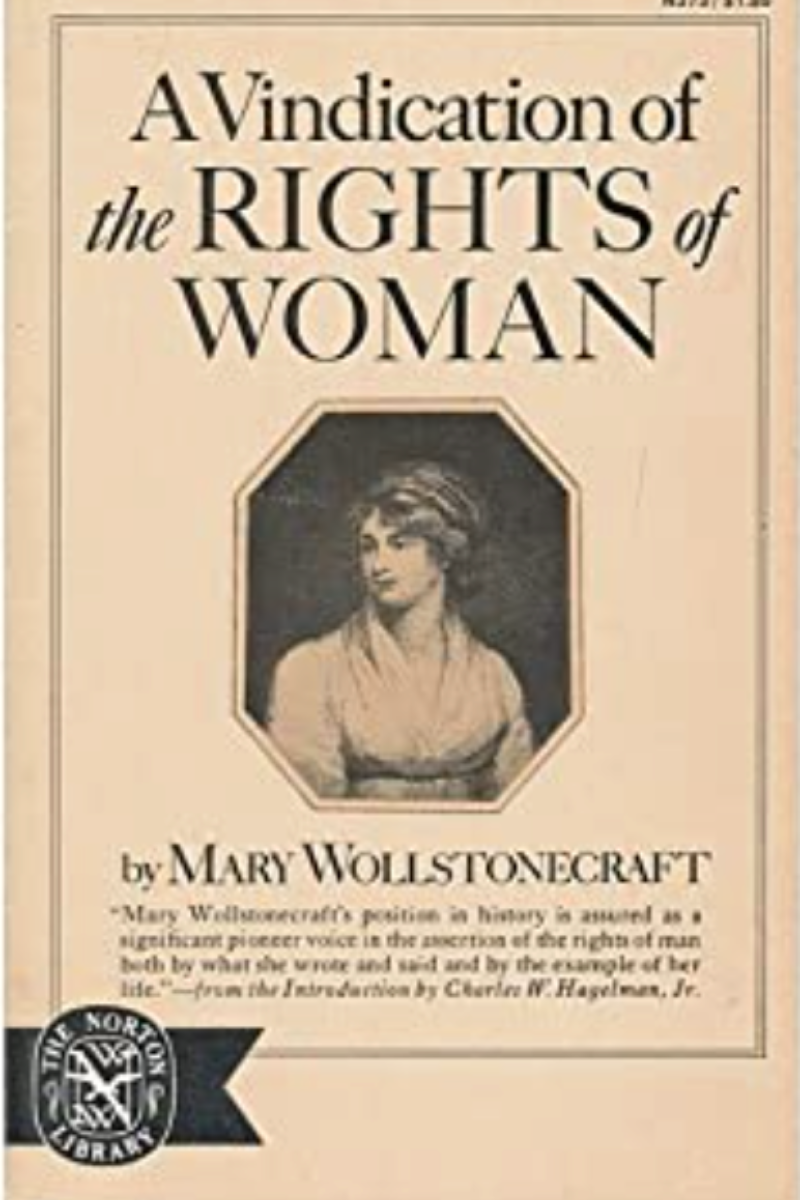
Mary Wollstonecraft (1759-1797)
Mary Wollstonecraft is often considered the mother of modern feminism. She wrote "A Vindication of the Rights of Woman" in 1792, which argued that women were capable of reason and should be afforded the same educational opportunities as men. Wollstonecraft's work had a significant impact on feminist thought and continues to be influential today.
Angela Davis (1944-)
A political activist, scholar, and author who has been involved in social justice movements for decades. Her books "Women, Race, and Class" and "Are Prisons Obsolete?" are classics in black feminist literature.
She emerged as a leader of the Communist Party USA in the 1960s and had close ties to the Black Panther Party. Davis was also known for her advocacy for the abolishment of prisons and the prison-industrial complex.

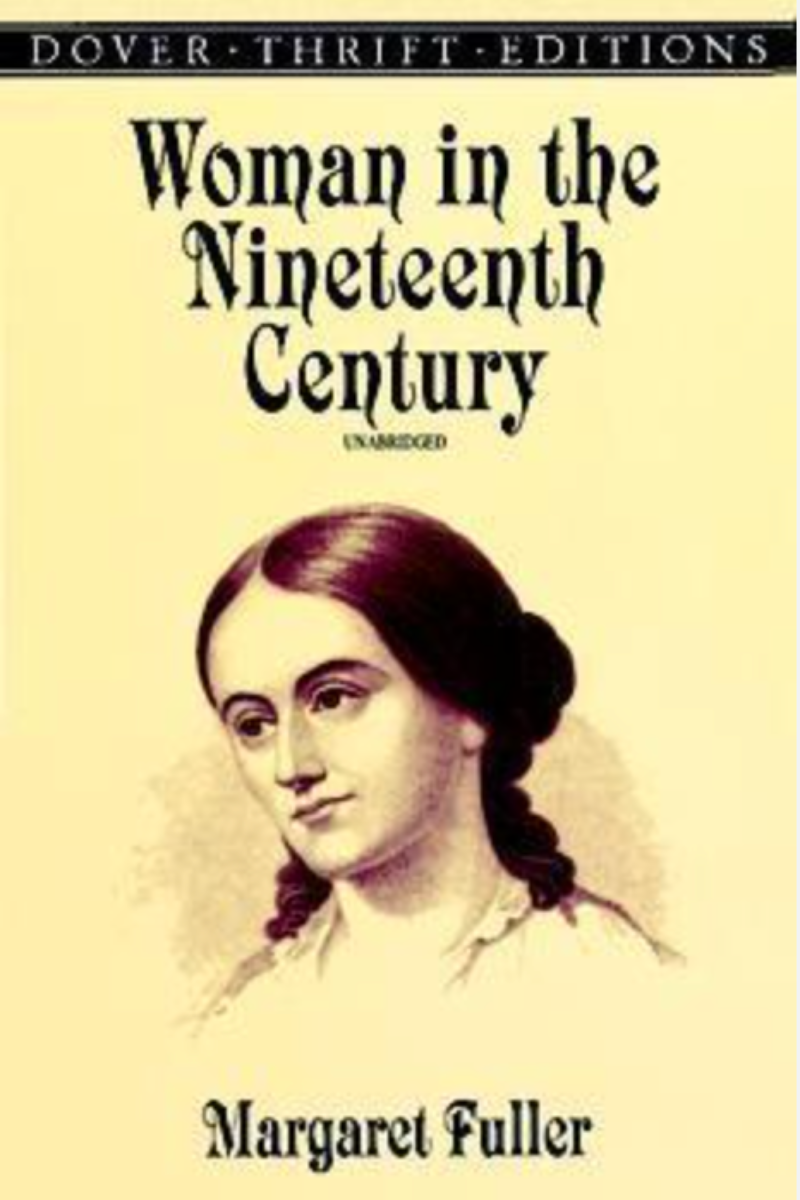
Margaret Fuller (1810-1850)
Margaret Fuller was an American journalist, critic, and women's rights advocate. She is best known for her book "Woman in the Nineteenth Century," which argued that women should be allowed to fully participate in society and should have access to education and employment. Fuller was a leading figure in the Transcendentalist movement and played a key role in the development of feminist thought in the United States.
Audre Lorde (1943-1992)
A writer and civil rights activist who addressed issues related to feminism, racism, and homosexuality. Her book "Sister Outsider" is a collection of essays that explores the intersectionality of these issues.
Audre Lorde dropped the "y" in Audrey because she thought it looked better written. She also used memorized poetry as a way to communicate and inspired her to write her own.
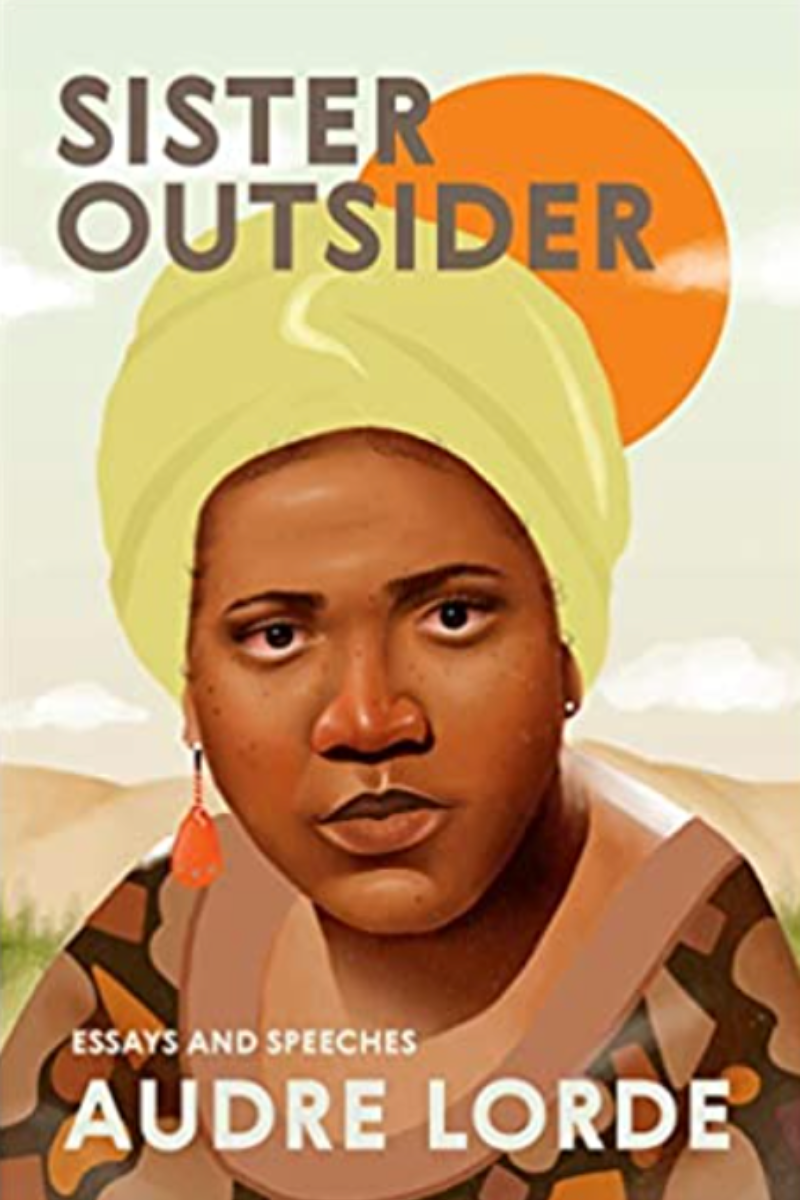
bell hooks (1952-2021)
A cultural critic, educator, and author whose work focuses on the intersectionality of race, gender, and class. Some of her most well-known works include "Ain't I a Woman?" and "Feminism is for Everybody."
hooks preferred handwriting her books. Stating in an interview with JSTOR, “I like to handwrite because I think differently when I do so”.

Elizabeth Cady Stanton (1815-1902)
A leading suffragist and women's rights activist. She co-founded the National Woman Suffrage Association with Susan B. Anthony and played a key role in the fight for women's right to vote. Stanton also wrote numerous books and speeches advocating for women's rights and equality.
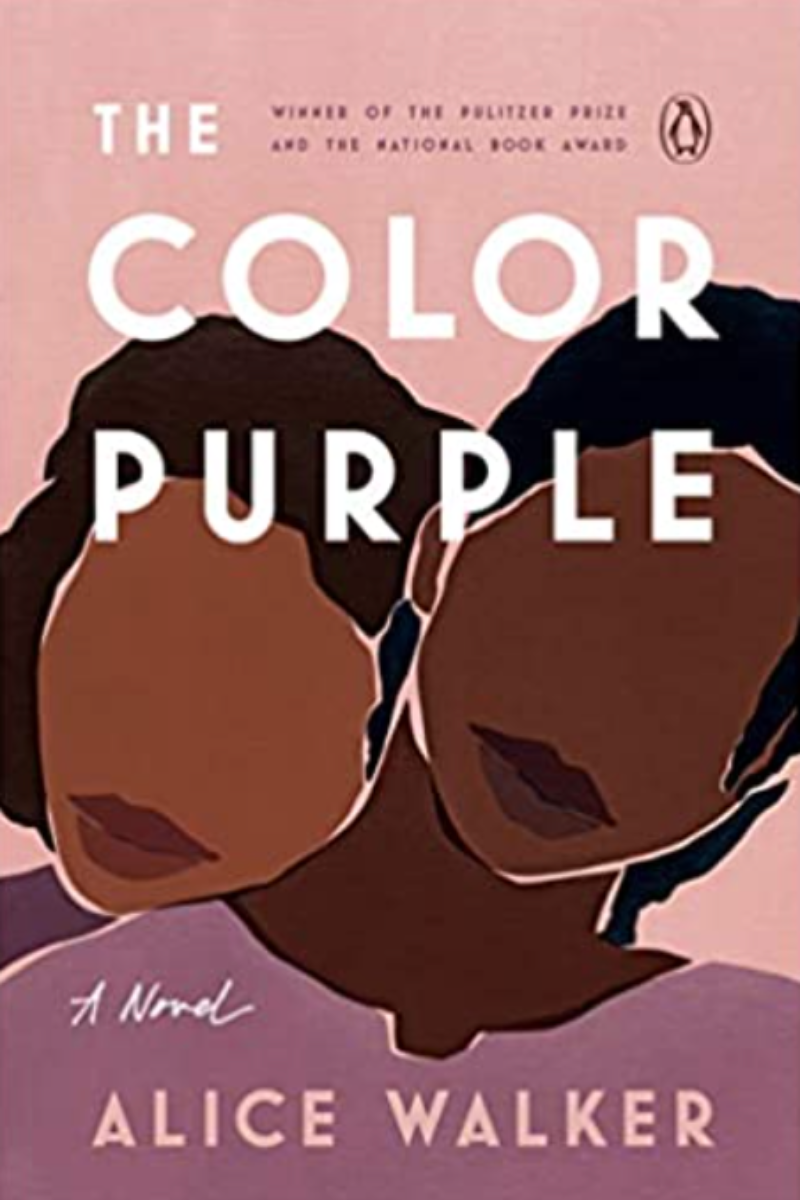
Alice Walker (1944-)
An author and activist who wrote "The Color Purple," a Pulitzer Prize-winning novel that explores the lives and self-realization of black women in the 1900s.
While growing up she was blinded in one eye, and her mother gave her a typewriter, allowing her to write instead of doing chores. She later went to Spelman College on a scholarship.
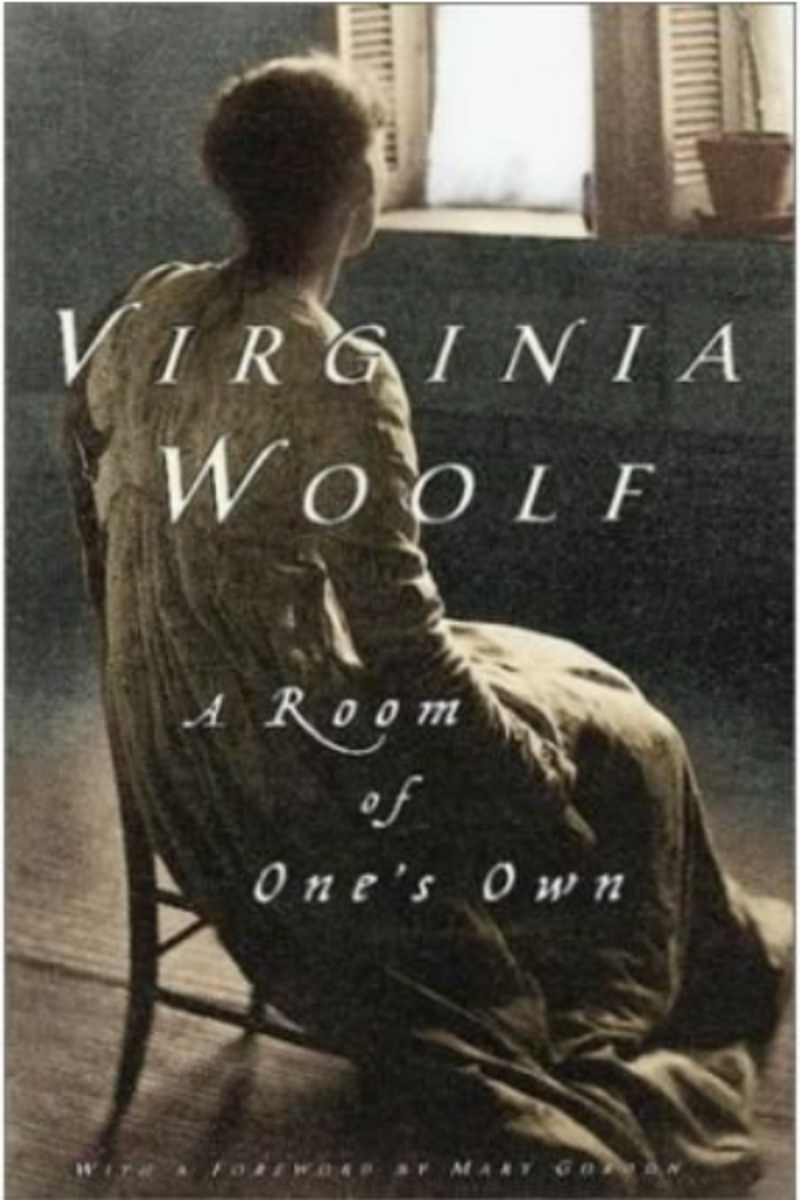
Virginia Woolf (1882-1941)
Virginia Woolf was a British novelist, essayist, and feminist. Her book "A Room of One's Own" is considered a landmark feminist text.
She is also widely known for her novels Mrs. Dalloway (1925) and To the Lighthouse (1927). Woolf also wrote pioneering essays on artistic theory, literary history, women’s writing, and the politics of power.